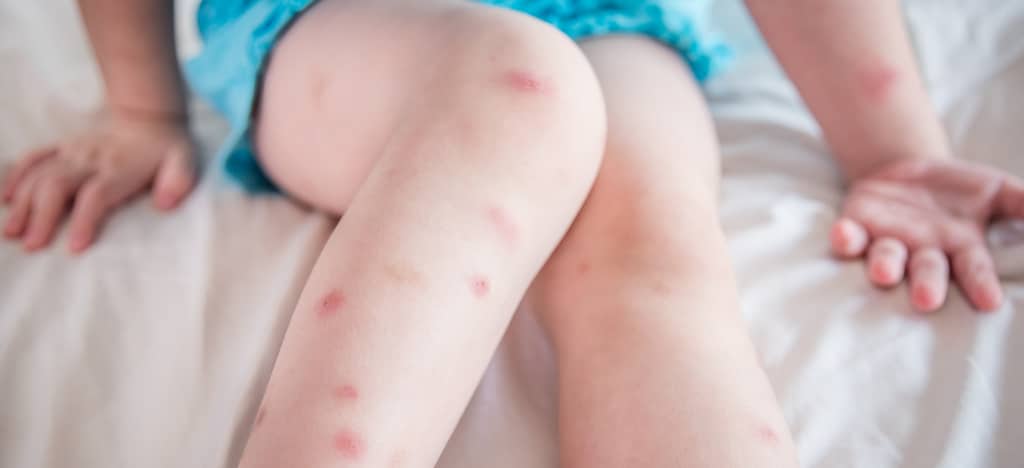1) What is the current dengue situation in Singapore?
As Singapore battles to contain the coronavirus which is at the forefront of everyone’s attention, we have almost let another viral disease slipped from our radar – dengue. After a five-week decline from mid-November to December 2019, the incidence of dengue infections are rising with the number of dengue cases increasing week by week and are expected to increase further according to the National Environment Agency (NEA). Visit MOH for the latest data.
Amidst all of this, there is another added headache in store – there is a new strain of dengue emerging. There have been more cases of the less common Dengue virus serotype 3 (DENV-3) detected in more clusters across the island over the past 3 months. Singapore has not seen a DENV-3 outbreak in the past 30 years. Past mosquito transmitted virus types typically switch between DENV-1 and DENV-2. A switch in the serotype usually precedes an outbreak. There are several reasons for this: fewer people would have been infected with the DENV-3 virus, resulting in lower herd immunity in the population and a higher rate of transmission. This together with a current high Aedes aegypti mosquito population (which could increase further with warmer temperature) could lead to weekly dengue cases rising above current levels in 2020.
2) Where are the current clusters?
According to the NEA, there are 101 active dengue clusters reported as of mid February 2020. Large clusters of these are located at Begonia Drive, Gangsa Road, Ang Mo Kio Avenue 10 and Jurong West Street 91, Blandford Drive and Berwick Drive.
There have been large clusters of DENV-3 at Begonia Drive, Gangsa Road, Ang Mo Kio Avenue 10 and Blandford Drive. NEA and MOH are monitoring the situation closely.
3) How is dengue transmitted?
The dengue virus is transmitted by the bite of an infected female Aedes mosquito, most commonly Aedes Aegypti (recognizable by the black and white stripes on their legs). They tend to feed in daylight in early morning or late afternoon. The male Aedes mosquito is not a blood feeder and does not bite.
In order for transmission to occur, the mosquito must feed on an infected person during the five-day period when there is large amount of virus present in the blood. This period is before the person shows any signs or symptoms.
After entering the mosquito the virus takes another 8-12 days of incubation before the mosquito can transmit and infect another human. The incubation in human is 4-10 days before the onset of symptoms. The mosquito remains infected for the remainder of its life.
The Aedes mosquito only needs a very small amount of water, the size of a 20-cent coin, in order to breed. One female mosquito can lay 200 eggs in its lifetime.
4) What are the symptoms?
The main symptoms are:
- A high temperature (fever) that can reach as high as 41C (105.8F)
- Severe headache
- Pain behind the eyes
- Bone, muscle and joint pain
- Swollen glands
- Nausea and vomiting
- Rash (usually 3-4 days after fever starts)
- Bleeding nose and gum
- Easy bruising
5) How can I reduce the risk?
The Aedes aegypti mosquito breeds well indoors in clean stagnant water easily found in our homes. To prevent an increase in dengue cases, we must all take proactive prevention measures by practicing the following steps frequently to remove stagnant water in our surroundings.
Reduce mosquito habitat:
- Turn pails and watering cans over
- Change water in vase
- Empty pet bowls
- Empty flowerpot plates
- Loosen soil from potted plants to prevent stagnant water on surface of hardened soil
- Clear roof gutters and blocked drains
- Clean out air-conditioning trays
Personal and household protection:
- Use mosquito repellents containing 10-30% DEET concentration to prevent mosquito bites. SPF can increase the concentration of the repellent, so apply your sunscreen on first and wait 10 minutes before applying DEET. DEET is safe to use in children over 2 months old. provided it is not stronger than 30% concentration
- Wear long-sleeved tops and long trousers.
- Avoid perfumes, cologne and dark clothing – mosquitos are attracted to these.
- Exercise – mosquitos seek out chemicals in your breath and sweat especially carbon dioxide and they are attracted to movements and heat. Peak mosquito hours are generally sunrise and sunset. So avoid exercising outdoors at those time or if you do, use repellents. Alternatively, head to the gym instead.
- Window and door screens or mesh to prevent mosquito entering the home.
- Air-conditioning rooms or use floor fans.
 Dr Maria Tang is a UK trained Doctor based at IMC Katong. Please call 6342 4440 to make an appointment.
Dr Maria Tang is a UK trained Doctor based at IMC Katong. Please call 6342 4440 to make an appointment.


































